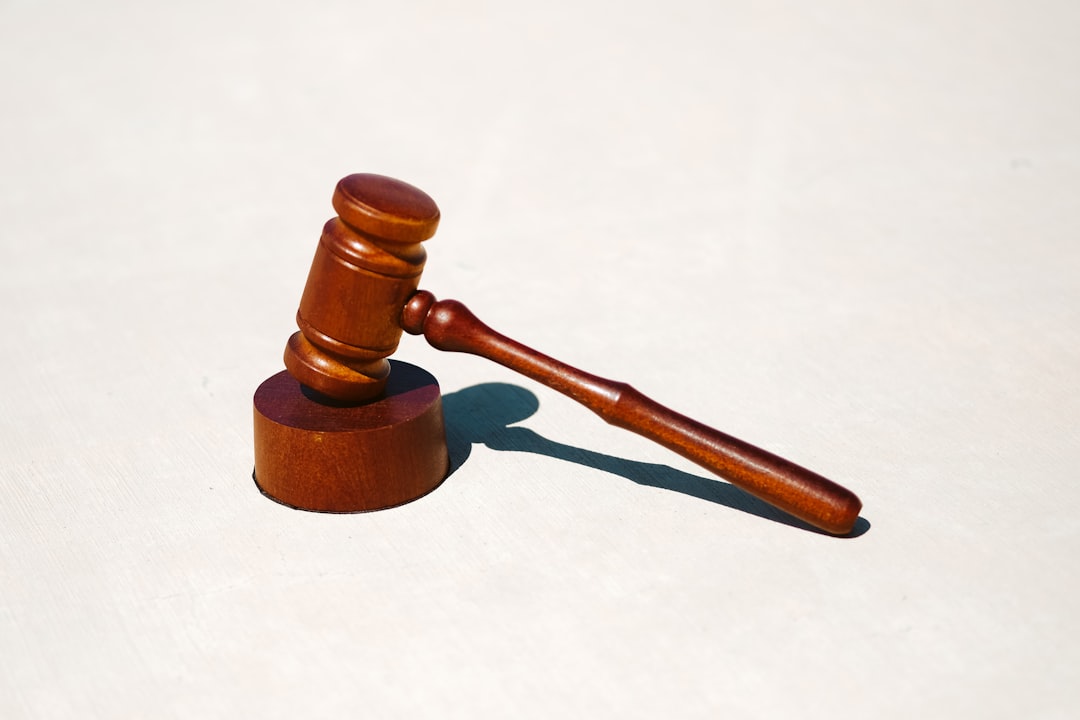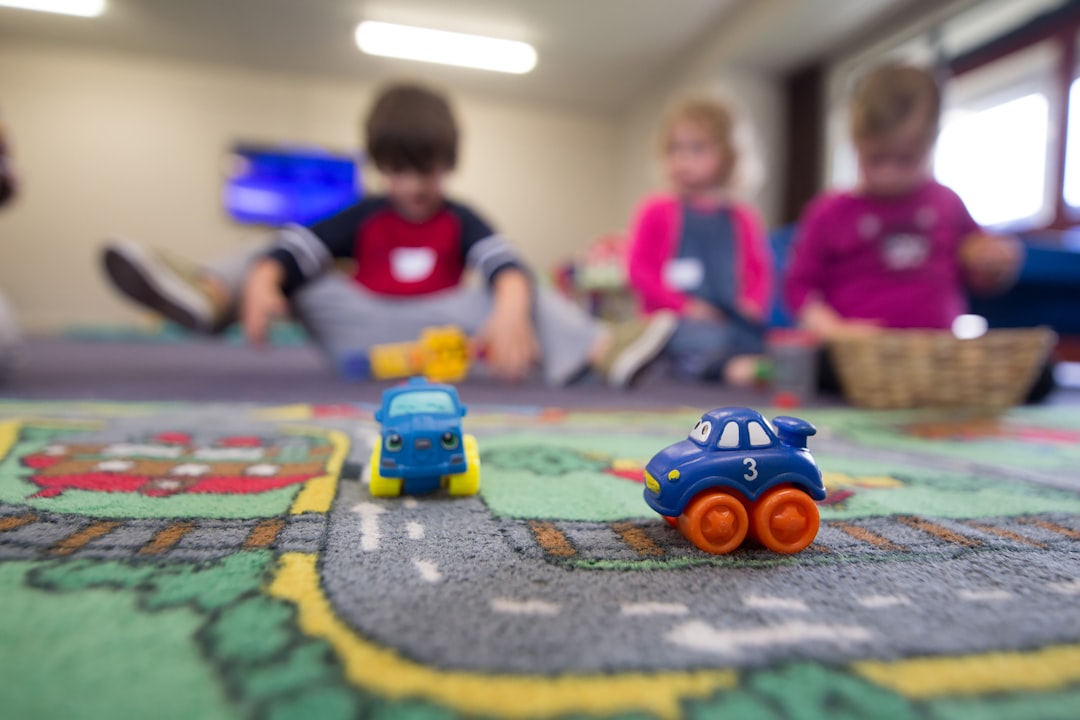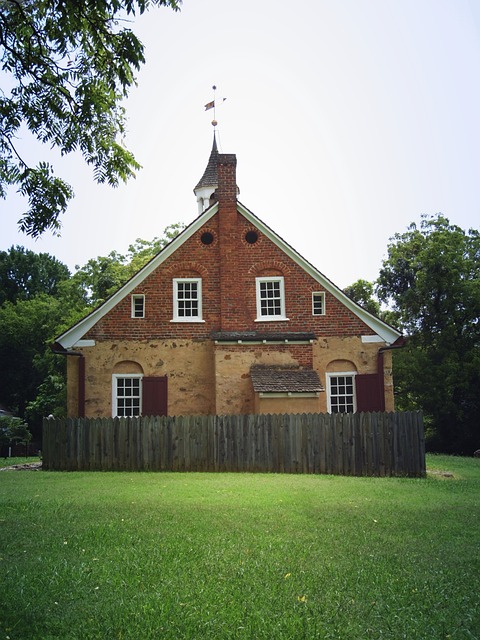In Charleston, South Carolina, daycare abuse is taken seriously with state DSS oversight. Reporting abuse requires evidence collection, legal guidance from a dedicated daycare abuse attorney, and proper documentation. Organizations support victims and their families, offering counseling, aid, and housing. Act promptly; reach out to a daycare abuse attorney for specialized legal help.
“In Charleston, recognizing and reporting daycare abuse is a crucial step towards ensuring the safety and well-being of our youngest citizens. This comprehensive guide navigates the complex landscape of daycare abuse laws in South Carolina, equipping parents and caregivers with knowledge to identify potential mistreatment.
We break down the reporting process, offering a clear, step-by-step approach for concerned individuals. Additionally, we provide resources for victims and families, emphasizing the importance of support during these challenging times, all while highlighting the expertise of a daycare abuse attorney in South Carolina.”
Understanding Daycare Abuse Laws in South Carolina

In Charleston, as in all of South Carolina, daycare abuse is taken very seriously under state law. The South Carolina Department of Social Services (DSS) is tasked with licensing and regulating childcare facilities to ensure a safe environment for children. Any suspected or reported incidents of daycare abuse are investigated promptly by DSS and local law enforcement.
If you’re considering reporting daycare abuse in Charleston, it’s crucial to understand that there are legal protections in place for both the child and the parent(s). A daycare abuse attorney in South Carolina can guide you through the process, ensuring your rights are respected while advocating for justice. They can help interpret the law, explain the investigation procedures, and provide support throughout any legal actions that may follow.
Recognizing Signs of Child Mistreatment

Recognizing signs of child mistreatment is a crucial step in addressing daycare abuse. Be alert for any unusual behavior or changes in a child’s routine. This could include persistent crying, fear of going to daycare, sudden withdrawal from social interactions, or physical indicators like bruises, cuts, or scratches that cannot be easily explained.
A daycare abuse attorney in South Carolina may help you navigate the legal aspects if you suspect any form of maltreatment. They can guide parents and caregivers on how to safely document and report incidents, protect their rights, and ensure justice for the child.
The Reporting Process: Step-by-Step Guide

When it comes to reporting daycare abuse in Charleston, South Carolina, understanding the process is crucial. The first step for parents or guardians who suspect any form of mistreatment or neglect is to gather evidence and document the incidents. This includes taking notes on specific dates, times, and descriptions of what occurred. Any photos or videos that support your claim can also be beneficial.
Next, contact a daycare abuse attorney in South Carolina. They will guide you through the legal process, ensuring your report is comprehensive and accurate. The attorney may request medical records, witness statements, and any relevant policies from the daycare center. Together, you’ll compile a case that highlights the violation of state regulations concerning child welfare and safety. This step-by-step approach ensures that justice is served and helps protect other children from potential harm.
Support and Resources for Victims and Families

If you or someone you know has experienced daycare abuse in Charleston, it’s crucial to know that support and resources are available. Many organizations and professionals are dedicated to assisting victims and their families navigate this difficult situation. A daycare abuse attorney South Carolina can connect you with specialized legal counsel who understands the complexities of these cases. They can provide guidance on filing reports, understanding your rights, and pursuing justice.
Local non-profit groups and government agencies offer counseling services, financial aid, and temporary housing to help families cope with the aftermath of abuse. These resources ensure that victims and their loved ones receive comprehensive support during a challenging time. It’s essential to reach out for help without delay; there are people ready to listen and provide assistance every step of the way.




